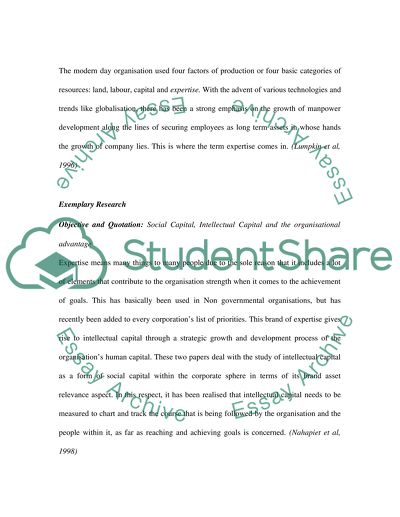Exemplary Research Essay Example | Topics and Well Written Essays - 1000 words. Retrieved from https://studentshare.org/miscellaneous/1544678-exemplary-research
Exemplary Research Essay Example | Topics and Well Written Essays - 1000 Words. https://studentshare.org/miscellaneous/1544678-exemplary-research.


